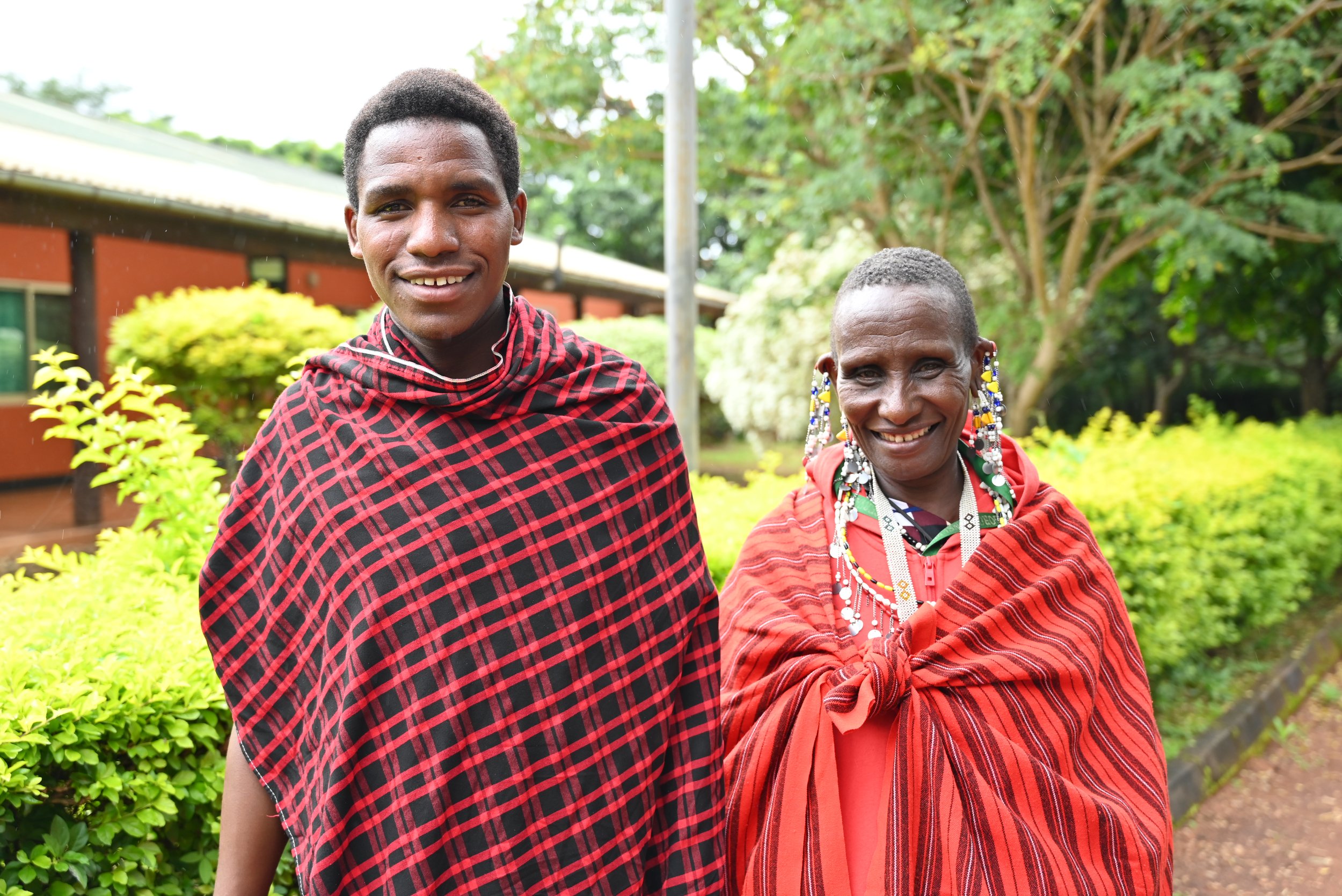When did you first realize you wanted to pursue a career in nursing?
My passion for nursing began when my uncle had triplets who were born prematurely, weighing 800g, 700g, and 680g respectively. They faced frequent health complications, and we often had to walk about 30 kilometers to get them to the hospital. This experience made me realize that I wanted to become a nurse to take better care of them.
What was it about that specific encounter that solidified your desire to become a nurse?
I deeply wanted to care for my younger siblings, and I understood that becoming a nurse was the best way to provide them with the care they needed. Watching nurses care for them inspired me to offer that same level of care at home.
Why did you ultimately choose nursing over other medical professions?
I joined nursing even before studying my secondary education. Upon finishing my primary education in 1968, my father, influenced by peer pressure refused to send me to secondary school so nursing was the only option available. I pursued it in defiance of my father. I ran away from home with my maternal grandfather secretly supporting me and paying for my nursing education until he passed away during my third year. After his death, my father, under threat from the police, took over and helped me complete my studies. Later on in 2005 is when I enrolled for my secondary education.
How did the COVID-19 pandemic impact your experience as a nurse?
I have covered three pandemics in my professional journey. As a junior entrant in the profession, I faced the cholera outbreak, which was a challenging experience. For six months, I worked on the cholera response without adequate equipment, re-sterilizing gloves and boiling needles for reuse. The emergence of HIV in 1983 was similarly daunting, as we unknowingly treated many infected patients and witnessed numerous deaths.
The COVID-19 pandemic found me working at FAME. I doubt any hospital in Tanzania was as well-prepared for COVID-19 as FAME. Thanks to Dr. Frank and Susan, who prioritized my safety, I was moved from the triage area to the procedure room to avoid direct contact with COVID-19 patients. FAME's management implemented rigorous precautions to protect the staff, providing extensive training on patient care and infection prevention.
What do you love most about working as a nurse?
I cherish serving patients. Their presence gives me purpose, and I strive to offer them hope and love, making them feel cared for. The joy I feel when my patients recover is immense; I truly believe my hands are blessed.
If given the chance to do it all over again, would you still choose the nursing profession?
Yes, I would choose nursing again without hesitation. I believe it is a calling that demands wisdom, perseverance and selflessness in serving patients regardless of their physical appearances. I believe in treating everyone with the same level of care and compassion.





